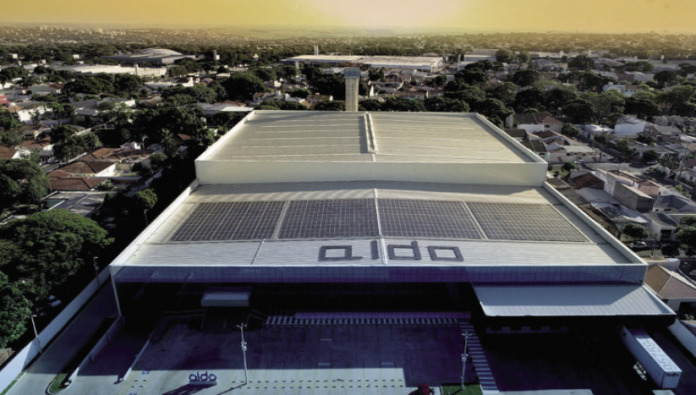On Aug. 18, a revised version of the 5829 law was approved by the Chamber of Deputies of Brazil. The new version of the proposed law was the result of a lengthy negotiation process. It aims to remove some of the grid-access privileges held by distributed-generation (DG) projects in Brazil. DG systems are currently exempt from grid charges when they benefit from Brazil’s current net-billing scheme. The scheme allows DG system owners to offset their energy bills with electricity generated on their rooftops and delivered to the grid. Law 5829 is now awaiting approval by the senate and is set to be published at the end of this year.
Though initially planned to curb the DG segment, the revised version of the law is expected to drive an installation rush to beat the deadline after which charges will be applied. This is similar to other markets where such laws have been introduced with a grace period or specific connection deadline.
From January to September 2021, 2.2 GW of DG systems were connected, a major increase from the 5 GW that were in operation at the beginning of the year. High electricity rates exacerbated by the worst drought in almost a century in Brazil, low interest rates due to the Covid-19 crisis, and economic entities offering loans of five to 10 years to finance solar projects make solar PV an attractive investment option. The opportunity to avoid paying grid charges makes near-term installations even more attractive.
Project push
The new law assures DG projects that are in operation, or have filed access requests with distributors within 12 months of the publication of the law, will maintain their current conditions until 2045. New systems will pay full grid charges, with a gradual introduction starting one year after the publication of the bill. This transition period is set to last seven years. It is expected that by 2029, the Energy Development Account will completely stop paying for tariff components related to the distribution services.

For new projects, the law also requires the presentation to the Brazilian Electricity Regulatory Agency (ANEEL) of a guarantee of faithful fulfillment within 90 days of approval of access requests. Otherwise, requests will be canceled. This guarantee of fulfillment will not be mandatory for shared generation through cooperatives and consortiums and framed in the modality of multiple consumer units (such as condominium buildings).
Law 5829 also includes the creation of the Social Renewable Energy Program, the main objective of which is to fund the installation of solar PV and other renewable energy sources for low-income consumers through the Energy Efficiency Program.
As most developers and end-users will rush to apply to build DG PV systems before the grace period ends, we expect that the annual installations for DG projects will peak in 2022 and 2023, with almost 6 GW of annual DG additions. As a result of the rush on project installations, we forecast intense installation activity in the PV sector that could result in as much as 37 GW of new additions over the 2021-2025 period. This is expected to split between 22 GW from DG projects and 15 GW in the utility-scale market.
Several factors could limit this forecast. High system prices are one major threat, even if the DG market is less price-sensitive than the utility segment. Modules are already hard to get hold of in the Brazilian PV market, and the suppliers of solar components are reported to have increased their prices by 10% to 20% compared with 2020.
High shipping rates and the volatility in the local currency compared with the dollar in the near term are additional factors influencing the prices.
A lack of skilled workers is another risk for the projected growth. The rapid increase of companies catering to the DG market already makes it harder to find workers with skills and experience in PV. A lack of resources can also impact the authorization process with the distribution companies when they get flooded with access requests.
The approval of 5829 in its current form is a leap toward the decentralization of Brazil’s electrical system. In the current hydroelectric crisis, a rapid increase of distributed solar systems can be an important solution, contributing to a reduced dependency on hydroelectric energy in the short and medium-term. The staggered transition to full grid charges avoids the steep decline in DG installations that would have happened with the passing of the original law proposal. The question now is how Brazil’s PV sector and the distribution companies will cope with exploding near-term demand, as a rapid influx of companies catering to the segment also raises flags regarding project quality and profitability.






